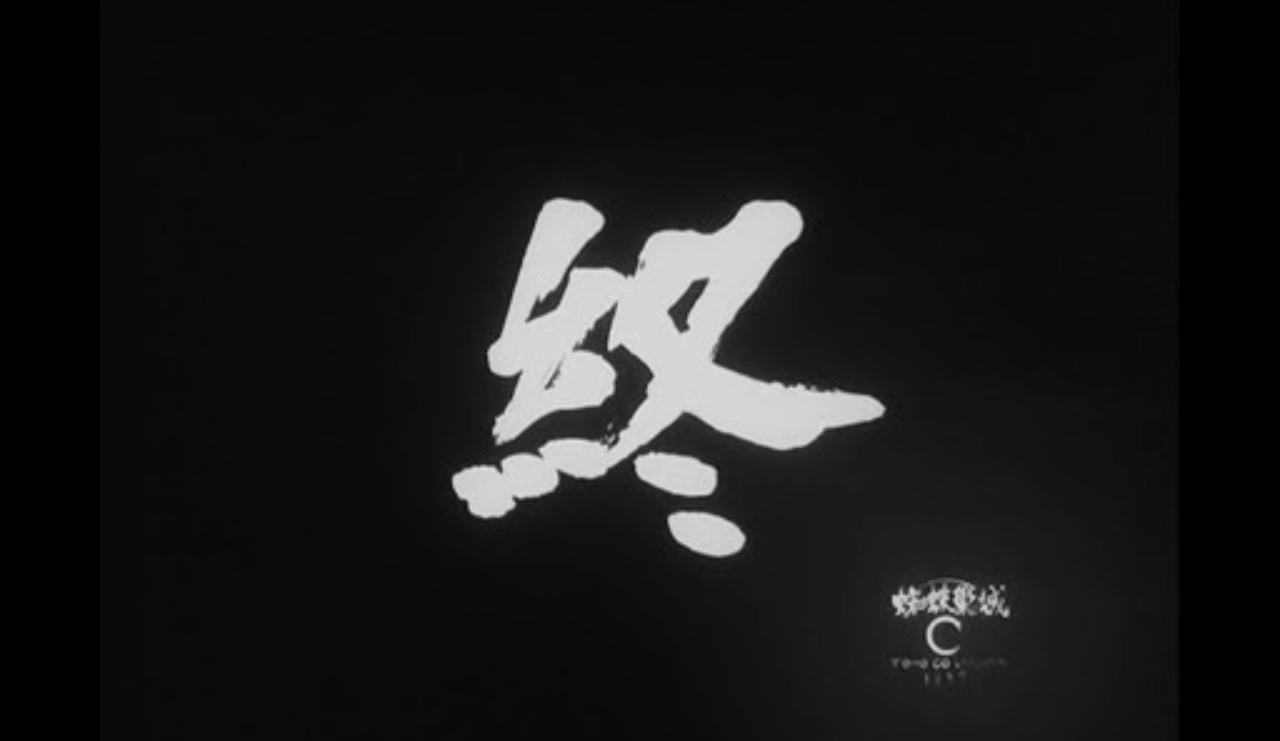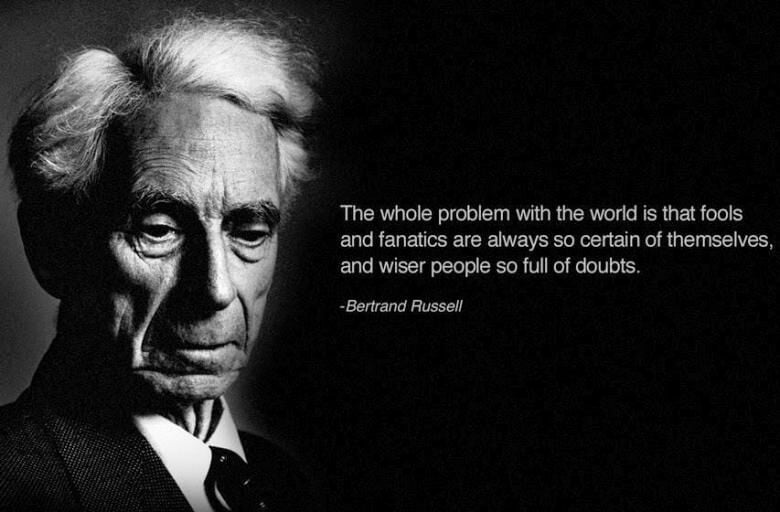As you can see, I almost left him out. I don’t think of him as an actor. More, a plug-and-play action man for Christopher MacQuarrie screenplays.
eightpix
Been a student. Been a clerk. Been a salesperson. Been a manager. Been a teacher. Been an expatriate. Am a husband, father, and chronicle.
- 2 Posts
- 106 Comments
Since 2001: Space Odyessy is above…
Im tempted to go with some Jackie Chan (?!) or Jet Li (Hero) or Tony Jaa (Ong Bak) or Donnie Yen (Ip Man) film — the one that’s closest to my heart is Wo Hu Cang Long (Crouching Tiger, Hidden Dragon).
Do not watch the trailer. It’s garbage. The film is beautiful.
There are a few outstanding moments in film as well that are practical effects that just force my memory:
As mentioned: 2001, and the Fall.
The last arrow in Throne of Blood. Several scenes in The Cell (dir: Tarsem, who also did the Fall) I’ll also highlight Hero.
e: And all the crazy shit Tom Cruise does in Mission: Impossible. Those are some fun movies.

 681·28 days ago
681·28 days agoThe first time my cousins from FL visited Canada, it was July. They were surprised there was no snow. So, we took them over to the rec centre and they saw a small pile of snow out back. They were thrilled.
It was dumped out of a Zamboni.
As a small child: The Very Hungry Caterpillar
As a teen: Lightning by Dean R. Koontz
As a high-schooler: Island by Aldous Huxley

 41·2 months ago
41·2 months agoBillionaires win. They are winning in this world — imagine the world as an arena…
They first reach out to those primed to defect. The ones who think they are defending their own interests because, one day after much bootstrapping, they’ll be rich too. That’s 10% of the non-billionaire population and a large group of the young, able-bodied, entitled predominantly male population.
Another 10% opt to not fight. They’ll wait and see who comes out on top or opt for pacifism — supporting those who fight without fighting themselves.
The next 20% are those who want a compromise — not having the foresight to admit they’ll be screwed in the end by the shrewd and wily billionaire class.
That still leaves 4.8 billion people.
Well, another 10% of the planet is malnourished, living in extreme poverty, or are infirm and unable to fight. Take another 10% who lack the capacity to fight effectively, are children, or are exceedingly advanced in age.
We’re down to 3.2 billion people.
Of those who remain, each billionaire will need to kill 1 000 000 people in order to win the day. This is achieved by a combination of attacks — nuclear, chemical, biological, conventional, and systemic. Supply lines are cut early, communication lines are jammed, and every possible similarity that could bind 3.2 billion people together is spun into a wedge to divide them. The billionaires are unified behind their purchasing power. Each victorious serves as a message to the remaining people of the fresh horrors to come.
After five or six days, there are 2700 remaining billionaires, who somehow got richer and only 1 billion fighters. Demoralized, decimated, defeated, the non-billionaires give in.
The one strategy that would — nay, could — turn the tables is to upend the tables. Make money worthless. In some minds, this is the Purge. This is the antithesis.
Instead, as a thesis: truly valuing life and living things, the fragile interdependence of ecology within an economic, social, and anthropological order would negate any power that the death-driven cult of profiteering offers. I’m not talking about sitting in a circle and singing kumbaya into eternity. I am talking about doing the work of eternity — stewardship for a planet we understand (not just its commodities) and community for all participants (not just the economically viable). We can learn from one another and grow with one another without exploiting or reinforcing one another’s weaknesses.
Takers like to quote Adam Smith, Sun Tzu, or the 48 Laws of Power. The battles we do not fight will feed us. The fields we do not raze will house us. The oceans we do not destroy will connect us. The planet we treat like a home instead of a hole in the ground will support us.

 2·2 months ago
2·2 months agoI’ve spent most of my life being the bigger, stronger, heavier person in most of my friendships. If the ratio is mouse to human — or Iron Giant — I’d take the opportunity to (literally) stand on the shoulders of a giant.

 8·2 months ago
8·2 months agoAlso, being the one whose tail was “pinned on” must have given him some sense of distrust. Was his tail severed only to be temporarily attached with sharp object as a game to amuse children?
Some existential stuff right there.

 3·2 months ago
3·2 months agoTigger. And, to a degree, Owl.

 3·2 months ago
3·2 months agoI have questions.
When I’m tiny:
-
is the giant still a friend?
-
Am I less/ as/ more intelligent by comparison?
-
do I really have to poop out the pocket?
-
could I poop out the bottom of the pocket?
-
what is the scale difference?
When I’m giant:
-
is the pocket friend still like me?
-
is the pocket friend vulnerable to my mistakes?
-
am I one of few, or the only one remaining of, giants?
-
is the pocket friend intelligent or more like a pet?
Pertinent examples in this inquiry are Attack on Titan, the Iron Giant, Marvel Comics’ Galactus and Celestials, that one episode of Futurama with Bender being a god, and the Shadow of the Colossus.
-
Private soil farming is a great business model. Low cost, high demand. With fewer chemicals and wider practice, the trade will be more sustainable.
More houses will be 3D printed — and smaller — in the future.
The internal combustion engine is the largest technological mis-step in human history.
Good trouble. This is the answer.
And good books, we’re not alone out here.
I just finished One Day, Everyone Will Always Have Been Against This by Omar El Akkad. Not just about Gaza and the collateral damage of empires, but also about the tiny manipulations we’re all subjected to that make us feel alone.
Great reading.
Note: the link is to the Chicago Review of Books.
Off and on since the late 90s. Mostly observational, stray thoughts, ideas for designs, or writing. Intense emotional moments are often channelled into my writing.
It was The Corporation for me. Then, I discovered Adam Curtis. Smartest Guys in the Room, some Michael Moore stuff, then I really started taking a look at War docs with Smedley Butler and Dalton Trumbo and Charlie Chaplin shouting at me from the 1930s and 40s. Errol Morris kicked ass in the Fog of War, John Pilger kicked ass in Occupation 101, and BBC kicked ass with the Death of Yugoslavia.
This was 20 or 25 years ago. All this seems trite by comparison to where we are now.
Anti-hero: the protagonist whose methods, while effective, are not openly supported or celebrated because they fly in the face of “norms.”
While I agree with your analysis on Holden. Reluctant hero, to be sure. He sure did screw over Earth and Mars on a fairly regular basis to make his points stick. He disobeyed orders and protected a Belter ship, which got him bounced from the Navy. He declined promotion so he could keep shagging the pilot of the Cant. He went alone on sending out the message that got them caught by the Donny… and that was all before shooting down a medical relief vessel, shearing off the drive section of a UNN vessel, targetlocking every ship in the Ganymede AO as he escorted the Weeping Somnambulist away. In-universe, Holden will do just about anything to advance his own ends. He’s a privateer, his motives and methods transcend in-universe moralities, which we can only see because we know all the pieces. It’s not 'til the Behemoth that he gains the patina of “saviour” — in contact with the dead, chosen by the protomolecule for direct communication, and having escaped death enough times to engender trust.
For most of the others — Amos (that guy --> just walk away), Naomi (clubbing Cyn ‐‐> waking the Presence), and Alex (we don’t talk about Alex) for running with Holden; Fred (stealing missiles, selling Inaros out to the Inners --> “in my quarters, stop them”), Drummer (executioner --> “speak plainly”), and Bobbie (warrior, defector, ronin, mercenary --> fucking Valkyrie) for materially supporting Holden; in-universe, they would also be regarded as Anti-Heroes until they’re not because of their arcs. Don’t hate the playa. Hate the game.
Maybe “hero of the belt” = anti-hero precisely because it undercuts the frame of a “classic” hero. Much to be learned, then. Maybe I just want them to be anti-heroes because I have so much respect for these characters, their subversion of “norms” and willingness to address a greater good.
Nice touch with the comparison between Amos and Shinji Ikari. If this had been 2 years ago, I wouldn’t have known. I see it now.
Also, Clarissa Mao?
Everyone in the Expanse. Naomi, Drummer, Fred Johnson, Bobbie Draper, Chrisjen Avasarala, Monica… Obviously, Amos, Peaches, Miller, and even Holden.
All of them do reprehensible things. Some did them and made up for it. Some still do them to win.
So there’s this Rick and Morty episode (s05e04)

 3·4 months ago
3·4 months agoIf more people realized this, life would be a lot more simple. I never grew up. I just got older.

 2·4 months ago
2·4 months agoThe password entry screen for Metal Gear.
Love that tune. So calming.


Whoa, no way. THAT’S why he’s the Count? I thought it was a royalty/ bloodline thing.
In general, vampires existed to me as a commentary on colonialism, class, and the advantages to longevity. Vampires as “blood suckers of the poor”, to quote Popa Wu, who was quoting Louis Farrakhan.
I didn’t know the ‘stop and count objects’ element.
Question, though, as I think this through: would that not extend as an antisemitic trope?
(A half hour of reading later.)
TIL there is an antisemitic history to vampires.
[1] Bloodsuckers: Vampires, Antisemitism And Nosferatu At 100
[2] The Antisemitic History of Vampires
[3] How Vampires Became Jewish
[4] Blood Libel: The Anti-Semitic Roots of Vampirism